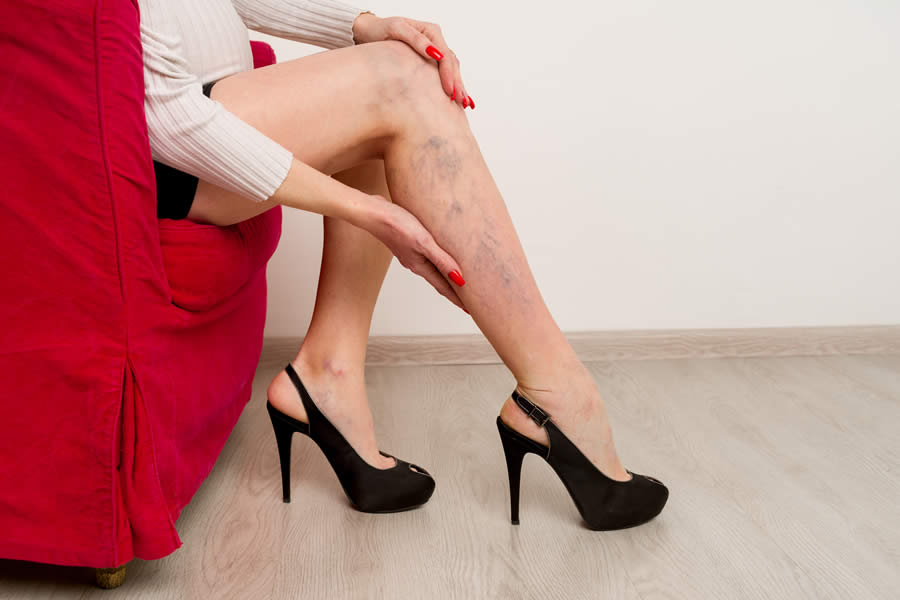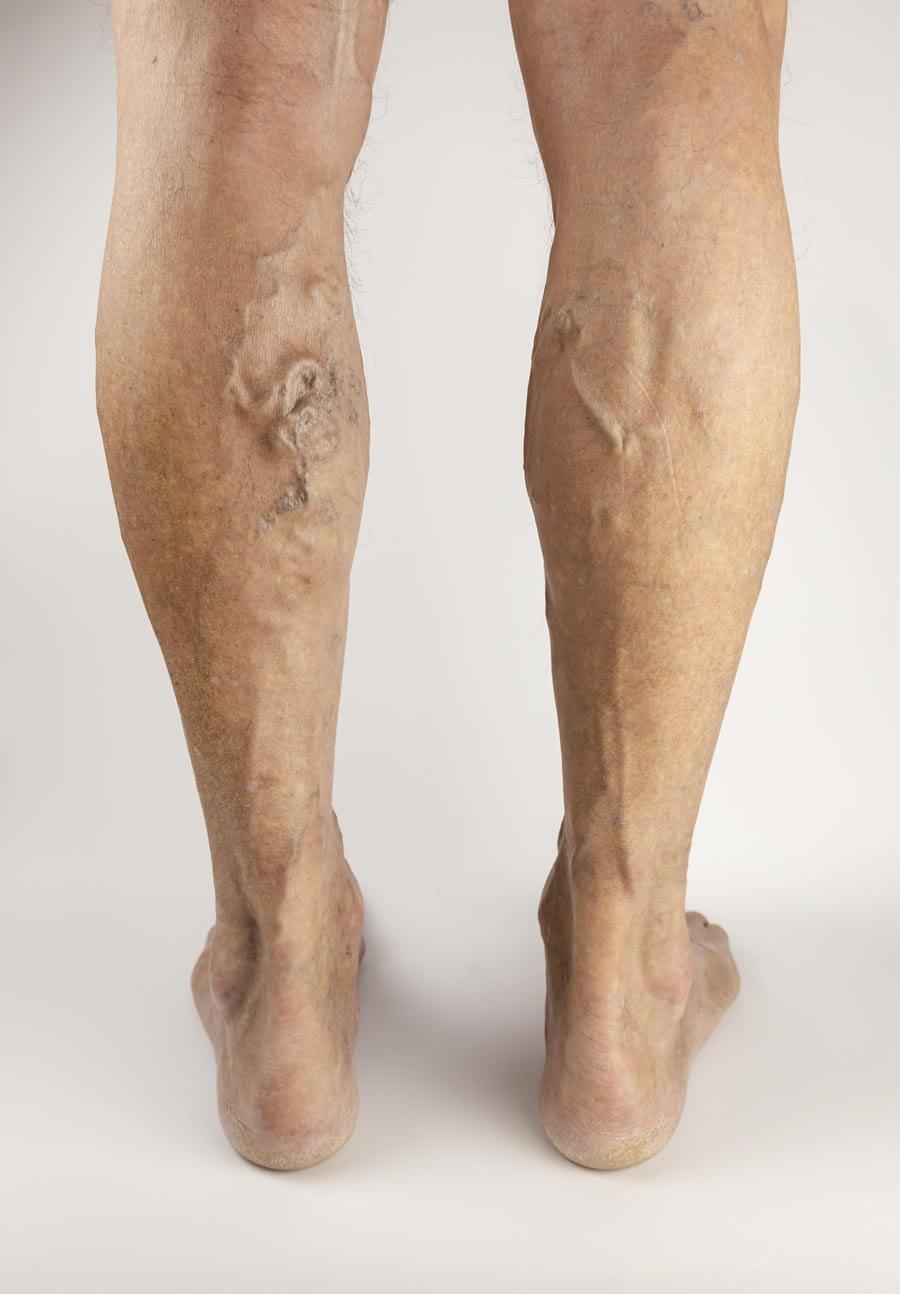Menu
- Home
- Treatments
- Our Providers
- About Us
- Patient Info
- Testimonials
- Locations
- Blog
- Financing
- Contact Us
- Home
- Treatments
- Our Providers
- About Us
- Patient Info
- Testimonials
- Locations
- Blog
- Financing
- Contact Us

Have you ever noticed small, web-like veins on your legs or face and wondered what they are? These are spider veins, a common yet often misunderstood vascular condition. While they're usually harmless, they can sometimes signal underlying health concerns and often impact self-confidence. At National Vascular Associates, we offer a comprehensive range of services for our clients including spider veins treatment and spider vein surgery. If you're looking to address spider veins, understanding your choices and finding expert care are the first steps towards healthier, clearer skin.
Spider veins, medically known as telangiectasias, are small, damaged veins that can appear on the surface of the legs or face. They are named for their resemblance to a spider web, featuring short, jagged lines. They can be red, blue, or purple and are visible through the skin. While they're primarily a cosmetic concern for many, their presence can sometimes indicate more significant vascular issues.

The development of spider veins is influenced by several factors. Here are some of the most common:
While spider veins are often a cosmetic issue, causing self-consciousness or dissatisfaction with one's appearance, they can occasionally be symptomatic. Some people experience aching, burning, or itching around the affected veins. These symptoms might indicate underlying venous insufficiency, where the veins are not effectively circulating blood. It's essential to consult a vascular specialist if you experience discomfort or other symptoms related to spider veins.
Advancements in medical technology have made treating spider veins more effective and less invasive. Here are some of the most common treatments:
These treatments are typically quick, with minimal downtime. However, the choice of spider veins treatment depends on the individual's condition, the size and location of the veins, and overall health.
With modern medical advancements, treating spider veins is more accessible and effective than ever. At National Vascular Associates, we specialize in diagnosing and treating spider veins, offering personalized care tailored to your unique needs. If spider veins are affecting your life, don't hesitate to seek expert vascular advice from a local spider vein doctor and explore your treatment and options. Contact our office for more details about spider vein surgery or to schedule a consultation.